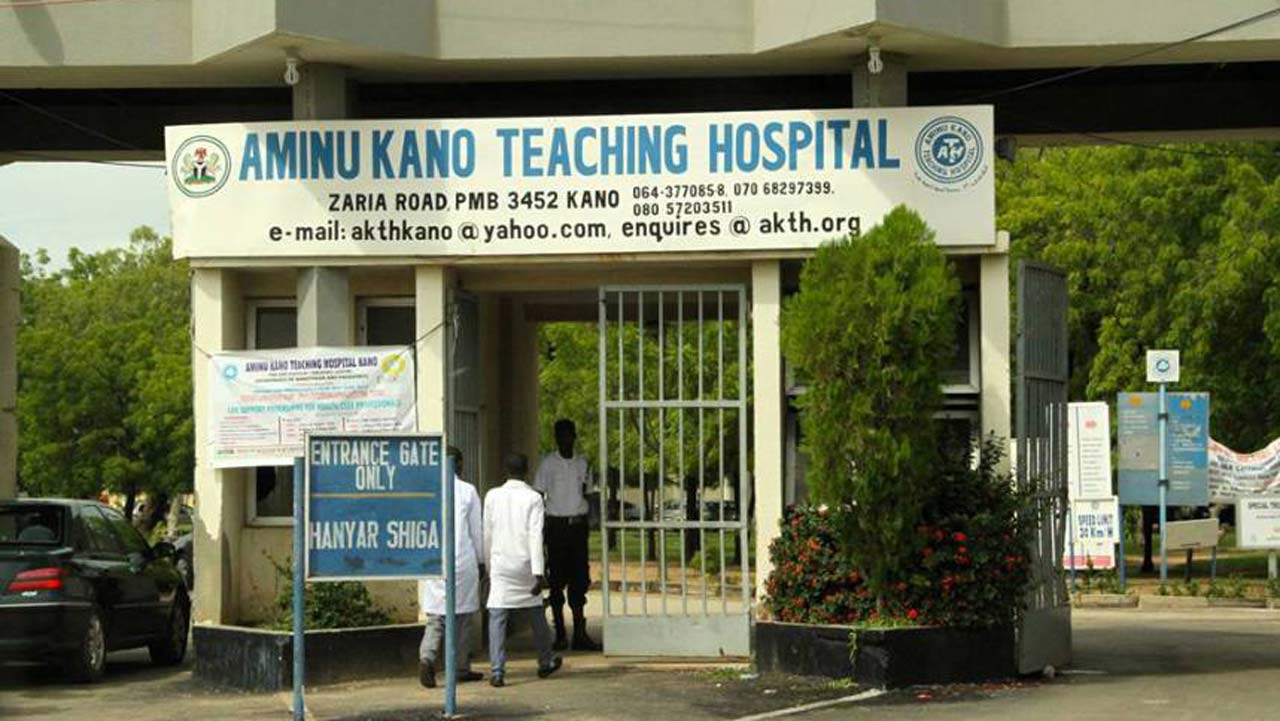The Sepsis Incidence, Determinants and Outcome in Kano (SIDOK) research group has called on governments and policymakers in the country to pay more attention to infectious complications called sepsis.
The coordinator of the research group, Matron Halima S. Kabara made the disclosure on Monday during the commemoration of the World Sepsis Day at the Aminu Kano Teaching Hospital (AKTH).
- 2023: Zoning presidency to South, wishful thinking – Sen Adamu
- Ogun courts grounded as judicial workers’ strike hits one month
Kabara explained that the COVID-19 pandemic has further exacerbated the burden of sepsis.
She noted that solutions to mitigate this burden are there, however, but must be urgently embraced by health systems.
She said, “sepsis – the life-threatening body response to an infection – affects 52% of hospitalised COVID-19 patients and 78% of those in ICU.”
It was noted that a large proportion of febrile patients presenting to AKTH and other health facilities in the state are presumed to have sepsis.
“Up to 75% of hospital-treated sepsis globally subsequently suffers from new conditions and 32% become dependent on nursing care.
“Available research evidence shows that Ile-Ife has the highest sepsis prevalence in Nigeria with 33.3%, followed by Jos with 27.3% while Abakaliki has the least with 26.7%”, the group stated.
“The Global Burden of Disease Sepsis Report published in January 2020 estimated that 49 million patients suffer Sepsis every year, with 11 million of those dying.
“This burden is significantly higher than the number of lives lost to cancer or coronary diseases” she stated.

 Join Daily Trust WhatsApp Community For Quick Access To News and Happenings Around You.
Join Daily Trust WhatsApp Community For Quick Access To News and Happenings Around You.


